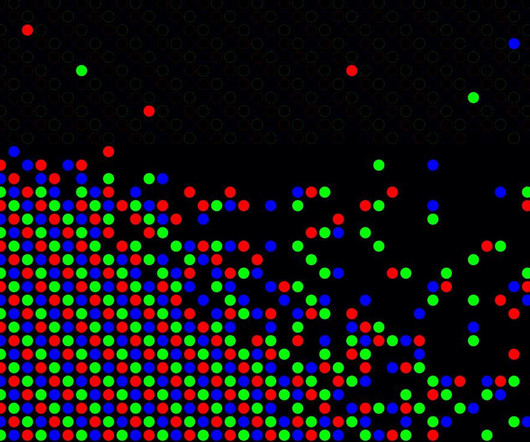U Chicago, MIT study suggests ongoing use of fossil fuels absent new carbon taxes
Green Car Congress
FEBRUARY 24, 2016
A paper by a team from the University of Chicago and MIT suggests that technology-driven cost reductions in fossil fuels will lead to the continued use of fossil fuels—oil, gas, and coal—unless governments pass new taxes on carbon emissions. Their analysis is published in the Journal of Economic Perspectives.












Let's personalize your content